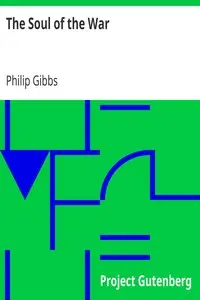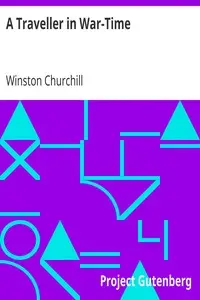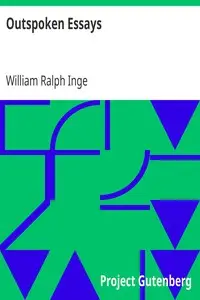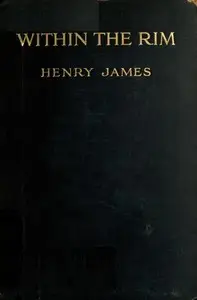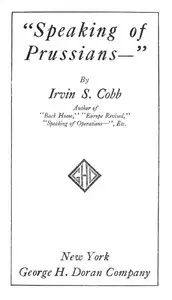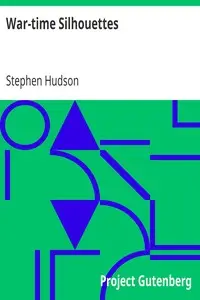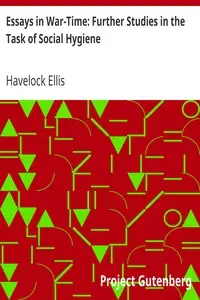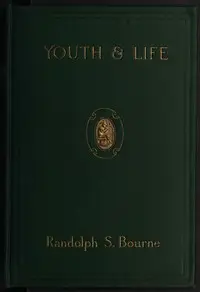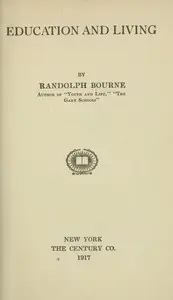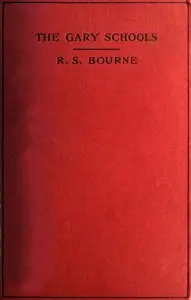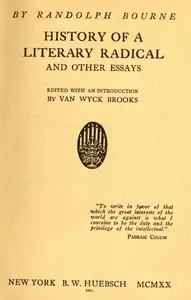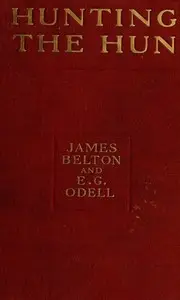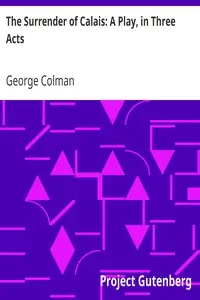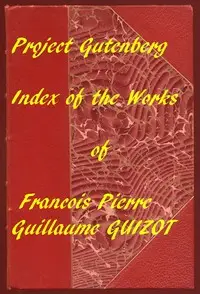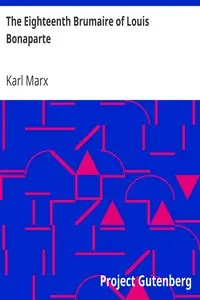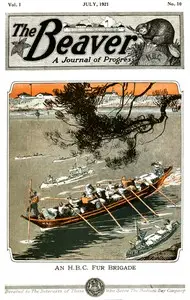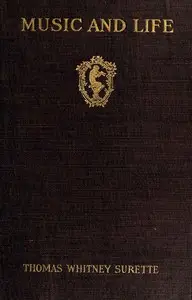"Untimely Papers" by Randolph Silliman Bourne is a compilation of essays from the World War I era, offering deep thoughts on how war and culture affected society and people's minds. The book mostly argues against intellectuals who backed the war and examines how societal expectations force people to fit in. A major theme is how war changes who people are, limits their freedom, and crushes their beliefs. The editor sets the stage by explaining that Bourne was an important intellectual voice who became disappointed with the common pro-war feelings. The collection features challenges individuals face, symbolized by a young man struggling with being drafted when most people don't seem to care. This young man, shaped by society, shows how hard it is to balance personal dreams with the demands of a world at war, revealing Bourne's deep look into individuality against the backdrop of societal expectations and the widespread mentality shaped by war.
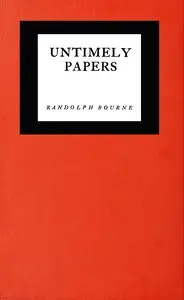
Untimely papers
By Randolph Silliman Bourne
In a world consumed by war, a lone voice cries out against the crushing weight of conformity, challenging readers to question the true cost of societal expectations.
Summary
About the AuthorRandolph Silliman Bourne was a progressive writer and intellectual born in Bloomfield, New Jersey, and a graduate of Columbia University. He is considered to be a spokesman for the young radicals living during World War I. His articles appeared in journals including The Seven Arts and The New Republic. Bourne is best known for his essays, especially his unfinished work "The State," discovered after he died. From this essay, which was published posthumously and included in Untimely Papers, comes the phrase "war is the health of the state" that laments the success of governments in arrogating authority and resources during conflicts.
Randolph Silliman Bourne was a progressive writer and intellectual born in Bloomfield, New Jersey, and a graduate of Columbia University. He is considered to be a spokesman for the young radicals living during World War I. His articles appeared in journals including The Seven Arts and The New Republic. Bourne is best known for his essays, especially his unfinished work "The State," discovered after he died. From this essay, which was published posthumously and included in Untimely Papers, comes the phrase "war is the health of the state" that laments the success of governments in arrogating authority and resources during conflicts.

